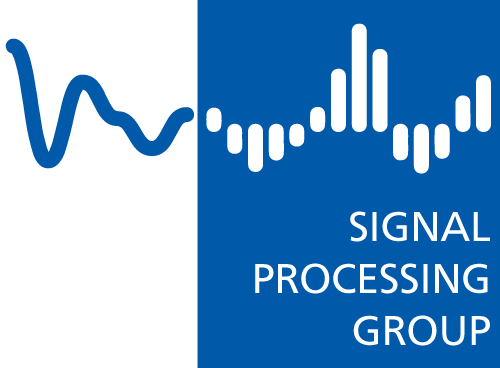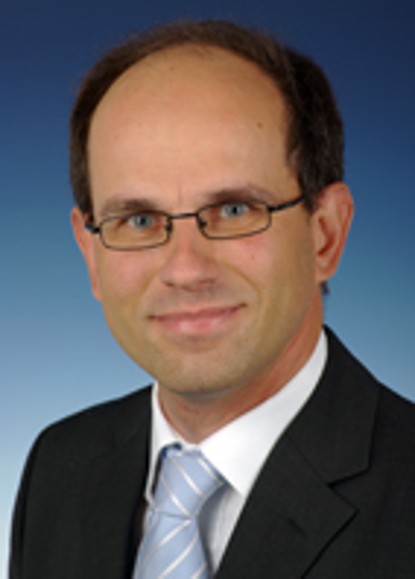Announcements
For more information, please register via TUCaN to get access to the moodle course.
Course Overview
| Lecturer: |
Prof. Dr.-Ing. Henning Puder, TU Darmstadt and WSAudiology, Erlangen |
| Time: |
Lectures: Mondays, 8.00-10.30 a.m. (3 x 45 min + break) 4 Exercises: Mondays, 10.45-11.30 a.m. (1 x 45 min) |
|
Language: |
German or English on request; Lecture notes in English |
|
Credit points: |
6 credit points for Master students |
|
Desirable prerequisites: |
Basics in digital signal processing |
|
Type of exam: |
Oral. Prerequisites: Either you give a presentation on a selected “adaptive filter” topic. Or, you answer questions on a selected lecture. For details please check moodle. The oral exam dates are planned to be offered in July and October, after and before the lecture period, respectively. |
| Excursion: |


